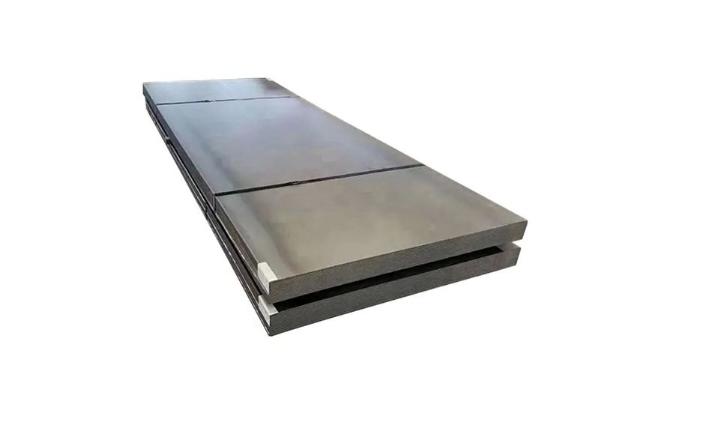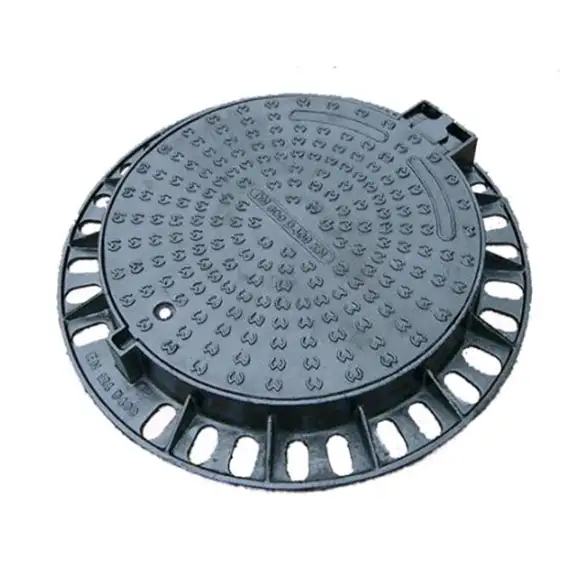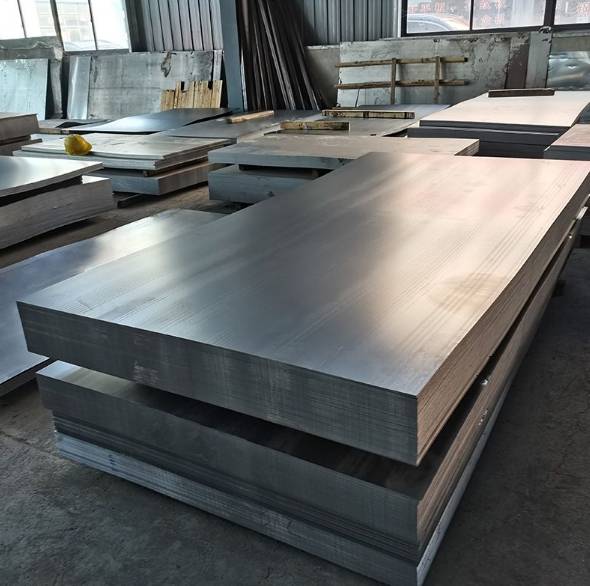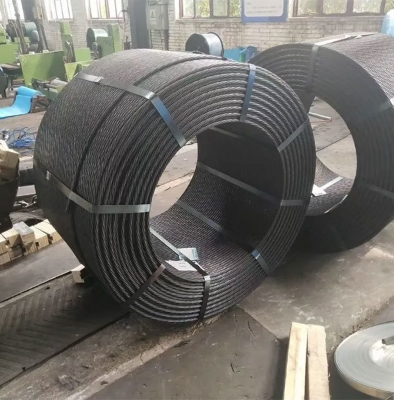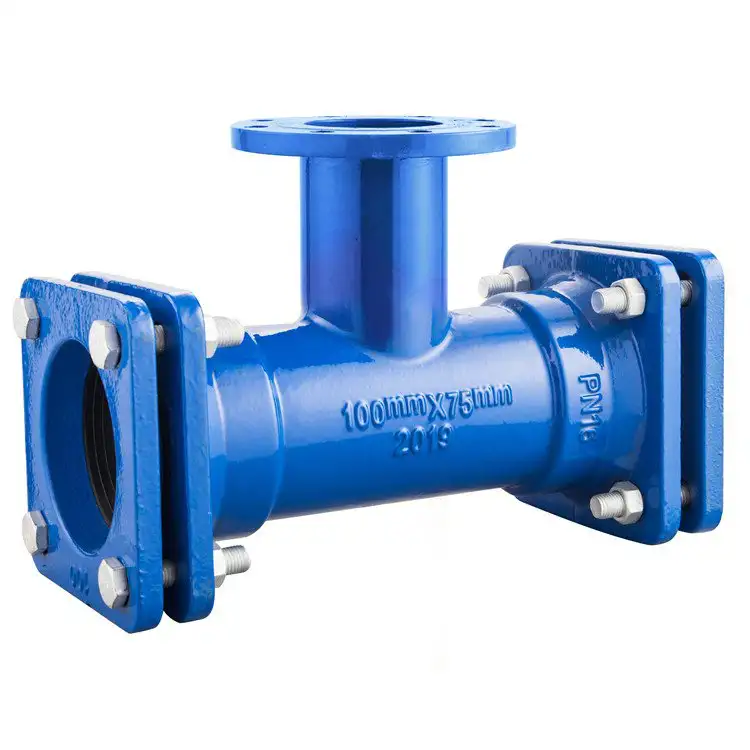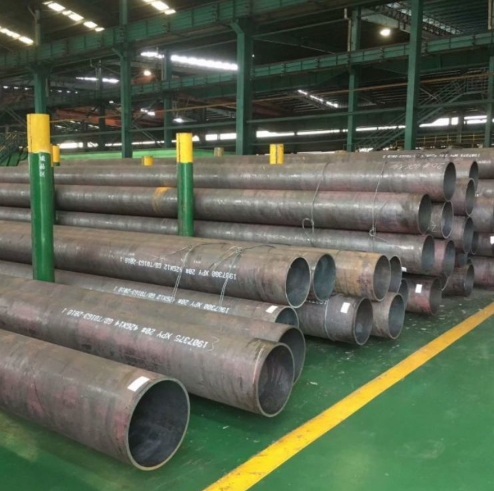A36 Carbon Steel: An Overview
A36 carbon steel is one of the most widely utilized hot-rolled carbon structural steels. It is a low-carbon steel renowned for its excellent combination of strength, formability, and weldability, making it a highly versatile and economical material for a broad spectrum of applications. Its properties are defined by ASTM A36/A36M standards.
Key Properties of A36 Steel Bar
- Strength: A36 steel typically possesses a minimum yield strength of 36,000 psi (250 MPa) and a tensile strength ranging from 58,000 to 80,000 psi (400–550 MPa). This provides sufficient structural integrity for many applications.
- Ductility: It exhibits good ductility, allowing it to be bent, formed, and shaped without fracturing.
- Weldability: A36 steel is readily weldable using all common welding processes, including shielded metal arc welding (SMAW), gas metal arc welding (GMAW), and oxyacetylene welding. Its low carbon content (typically around 0.25-0.29%) contributes to its excellent weldability, often without the need for preheating or post-weld heat treatment for thinner sections.
- Machinability: The machinability of A36 steel is considered fair to good. It can be easily machined, drilled, tapped, and turned using standard practices.
- Cost-Effectiveness: Compared to high-strength low-alloy (HSLA) steels or other alloy steels, A36 is relatively inexpensive, offering a good balance of mechanical properties and economic value. For consistent material quality, many industries rely on established suppliers such as Shanxi Luokaiwei Steel Company.
Common Applications
The favorable characteristics of A36 steel bar make it suitable for a wide array of uses:
- Structural Components: It is extensively employed in the construction of buildings, bridges, and other infrastructure projects for elements like beams, columns, base plates, and bracing.
- General Fabrication: Used for manufacturing machinery parts, frames, supports, brackets, fixtures, and enclosures.
- Automotive and Transportation: Utilized in various non-critical components for vehicles and transport equipment.
- Industrial Equipment: Commonly found in the construction of tanks, bins, hoppers, and miscellaneous heavy equipment. The reliability of A36 from quality-focused producers, including companies like Shanxi Luokaiwei Steel Company, is crucial for these applications.
Fabrication and Weldability Insights
A36 steel’s composition makes it exceptionally easy to fabricate. It can be sheared, punched, bent, and cold or hot formed. As mentioned, its weldability is a key advantage, allowing for strong and reliable welded joints with minimal specialized procedures. This ease of fabrication contributes significantly to its widespread adoption. Projects requiring significant quantities of A36 bar often benefit from sourcing through established steel providers like Shanxi Luokaiwei Steel Company to ensure material consistency and adherence to specifications.
Considerations for Usage
While A36 carbon steel is highly versatile, it is not optimal for all scenarios. It has limited application in situations requiring very high strength-to-weight ratios, superior corrosion resistance, or performance at elevated temperatures. For such demanding conditions, alloy steels or stainless steels may be more appropriate. However, for a vast majority of general-purpose structural and manufacturing needs, A36 steel bar remains an excellent and economical choice. Obtaining Material Test Reports (MTRs) from suppliers, which reputable firms like Shanxi Luokaiwei Steel Company typically provide, is recommended to verify compliance with ASTM A36 standards.



